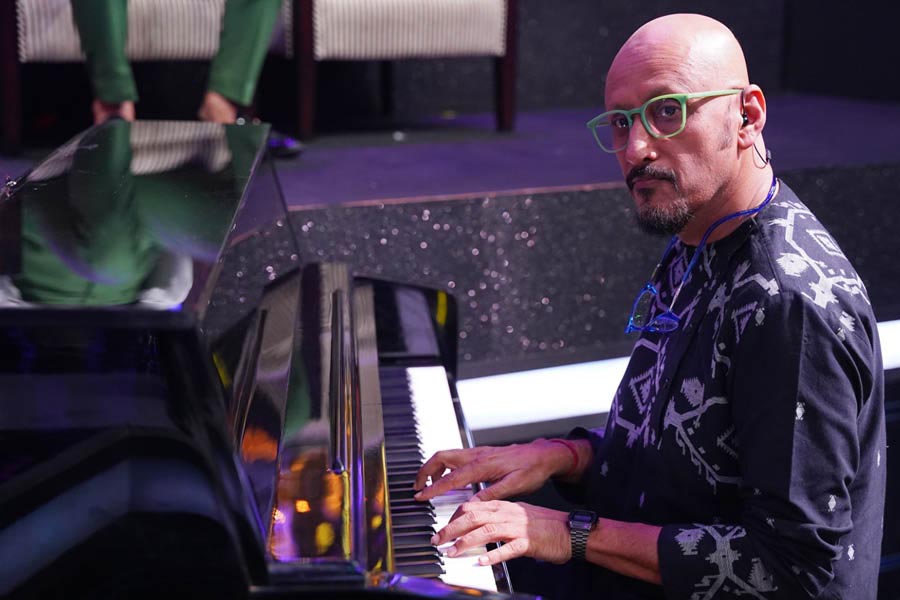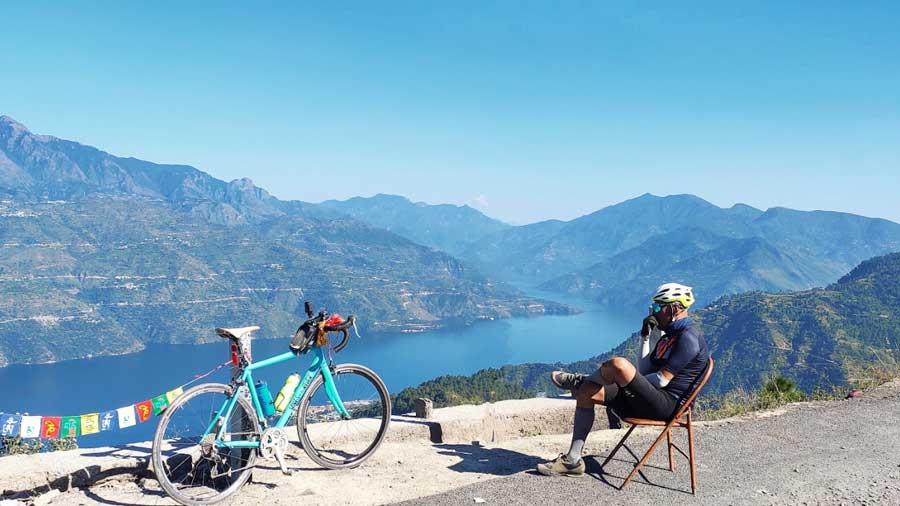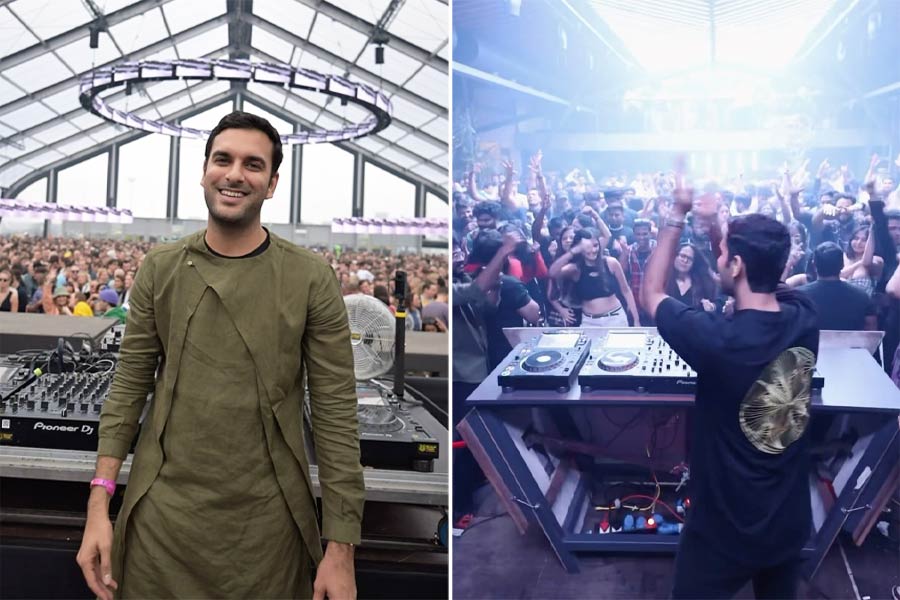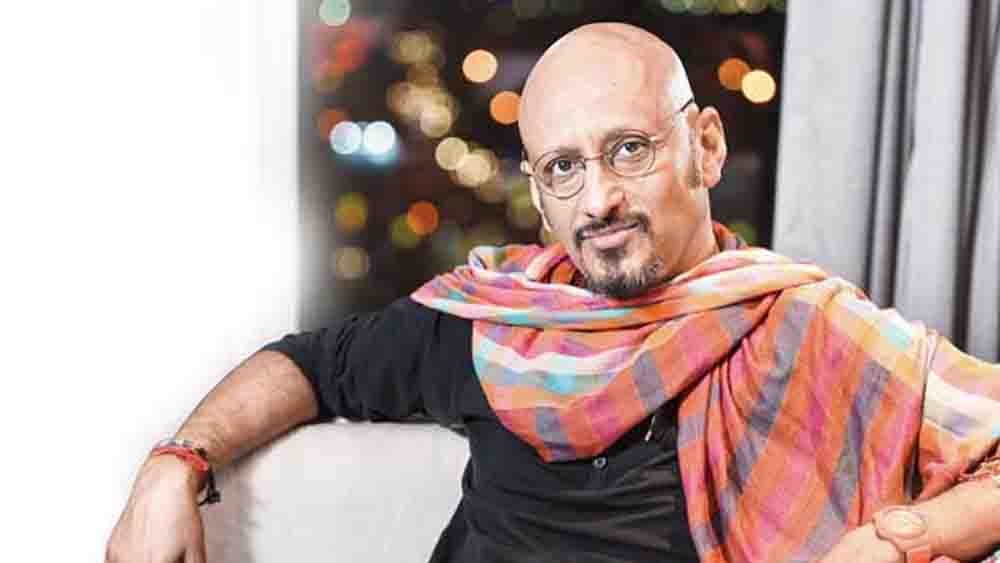From a corporate employee to a celebrated composer and judge-turned-mentor on a popular music reality show for 18 years — Shantanu Moitra has perfectly tuned into every role. With a career marked by hits like Ab ke Sawan (Moitra’s first album, sung by Shubha Mudgal) and films like Parineeta and Munna Bhai MBBS, Moitra has a deep understanding of musical artistry. Known for recognising talent and nurturing potential, he has witnessed firsthand how reality shows transform lives, offering opportunities to aspiring singers — making him an invaluable mentor on Sa Re Ga Ma Pa on Zee Bangla.
Moitra speaks to My Kolkata about his journey, sharing insights into his success story. Edited excerpts follow.
My Kolkata: From a corporate guy to becoming a composer and a judge on Sa Re Ga Ma Pa — how did it all happen?
Shantanu Moitra: I never learnt music. I was a corporate guy at a reputed bank. Then I joined advertising, where I was uncomfortable wearing a tie. I couldn’t handle the work, and it was not cool to quit jobs at that time. But I did, and I joined the client servicing side in advertising. That’s when I discovered jingles, but how would I make money from it? I come from a family of musicians who have seen a lot of poverty, especially in Indian classical music. By the time I decided to take up music, it was a big no-no.
Changing careers must have been a tough call...
Composition is something innate — you either have it or you don’t. My first jingle gave me confidence, and things progressed from there. I don’t see my journey as a struggle because it was so enjoyable. Transitioning from a corporate job to a composer due to some incoherent tunes in my head was fun. Many avoid taking that shot in the dark, but I had early success. My first jingle, the album Ab Ke Sawan and my first movie, Parineeta, were all hits. Despite being a probashi Bengali, Parineeta brought out the Bangaliana in me — making people think I was from Kolkata, when actually I was from Delhi.
So, did that play a significant role in being so close to Kolkata?
Many people I’ve met, like Bhupen Hazarika and Lata Mangeshkar, told me that if Bengal loves you as an artiste, you have nothing to worry about. That’s when I decided to take it seriously, feeling it was a gift. Now, I now speak Bengali better, influenced by my Bengali colony in Delhi. While pondering about my future, the offer to judge Sa Re Ga Ma Pa came to me.
And that offer has lasted 18 years strong…
I got a call from them and I thought, “I can’t even speak a line of Bengali.” But when I went, I loved the ambience and people — more importantly, I became a student. There was so much music, musicians, different stories… I was like a sponge absorbing everything. I am happier inputting than outputting and that’s why I have done very few films in my life. When I went for that ‘100 Days In Himalayas’ trip, I didn’t carry a camera because I wanted to experience it and I didn’t think I could share it with others.
As an inputter, how would you give judgments?
My judgement part would be 15 seconds per song. The rest of the time, I was listening. This is coming from a guy who has given the biggest music hit of that year and knows nothing. If I want to repeat the success of the Parineeta, I need to understand the method. I needed to deconstruct the process and that too in a place that was alien to me. My guards were down, and I was nobody in terms of the knowledge bank that was present there.
Did this approach help you understand better?
When I was learning, I became like the contestants, understanding their point of view. When someone would say something eloquent, I would ask, ‘Did you understand what he said? Because I didn’t’. After understanding, I would give them feedback using examples from my life, which the audience appreciated. How else could a guy last 18 years? I am probably the only one in this country who has been associated with such a show for such a long time.
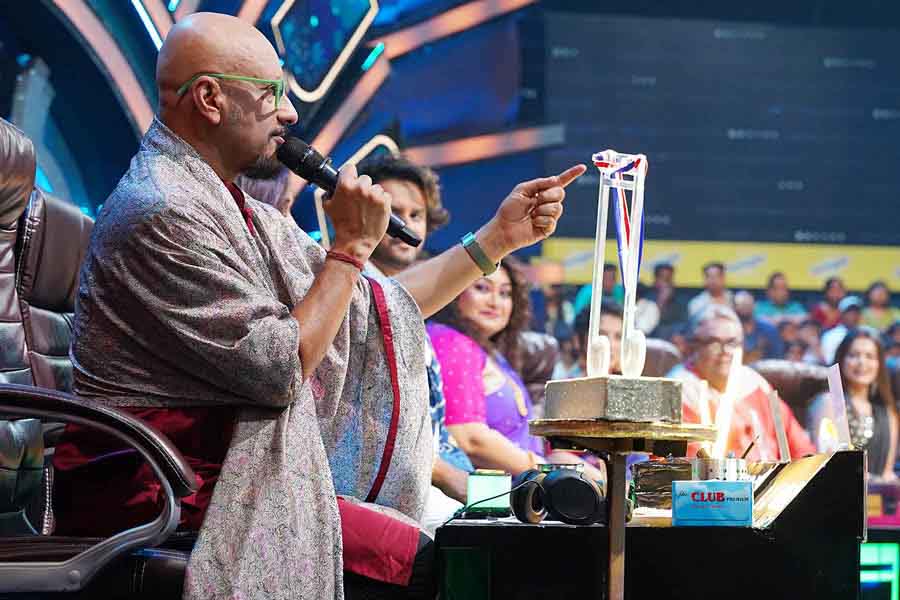
Shantanu Moitra as one of the judges on Sa Re Ga Ma Pa
After each season of the show, what happens to the kids who take part?
I have a story about that. Years ago, during Sa Re Ga Ma Pa, a kid approached me, asking me about my iPhone. His father repaired suitcases near Sealdah station, and they were financially struggling. The kid eventually made it to the top five in the competition. Two years later, they met me again with sweets, sharing that they had bought a car and a new house. Now, thanks to his success in making it to the top 10, he performs in seven or eight shows a month. That’s what Sa Re Ga Ma does — it provides better opportunities, even if you’re not the best singer.
How are the kids taken care of during the season?
The contestants are taught morning yoga, proper walking, greeting and dining etiquette — it’s all part of the process. They live in an apartment complex with their guardians and every morning includes this grooming routine. While the grooming might be for the camera, it also prepares them for life. So, a contestant I meet at the beginning might be a little awkward, but by the end of the season, they are confident enough.
Have you seen a drastic change during your journey with Sa Re Ga Ma Pa?
Parents have become more demanding. Some are pleased with their child's performance, while others insist on lead roles. They understand the power of these shows and, influenced by Instagram and reels, often pressure their kids. I can quickly tell when a contestant is being poorly coached. Another change is that contestants are now much better prepared, having self-groomed while watching Sa Re Ga Ma Pa at home.
Is it intimidating for the contestants to be suddenly put on such a big stage?
It’s impressive how adaptable these new-generation kids are. For many, it’s not their first time performing on stage due to their para shows. Some of the suburban kids are just as confident as those from the city. Thanks to progress and the internet, many kids are now self-taught, using YouTube as their teacher.
What about their performances? Do you see them applying trending styles?
Yes, we encourage experimentation with production, unless it’s an iconic song, while keeping the TRP in mind. This experimentation happens more with the newer songs. However, I’ve seen many contestants who keep the soul and spirit of a composition alive but in their own way. Some of these singers might even become better composers because of this.
What sets Sa Re Ga Ma Pa apart from other similar reality shows?
This show focuses on the music and avoids unnecessary drama. It’s based on public voting, which means music is celebrated genuinely without any prompting to say something negative. Sa Re Ga Ma Pa could serve as a case study for others, so they can see how it is done. The approach of creating shocking moments to grab attention is something I haven’t seen work effectively for a long time.
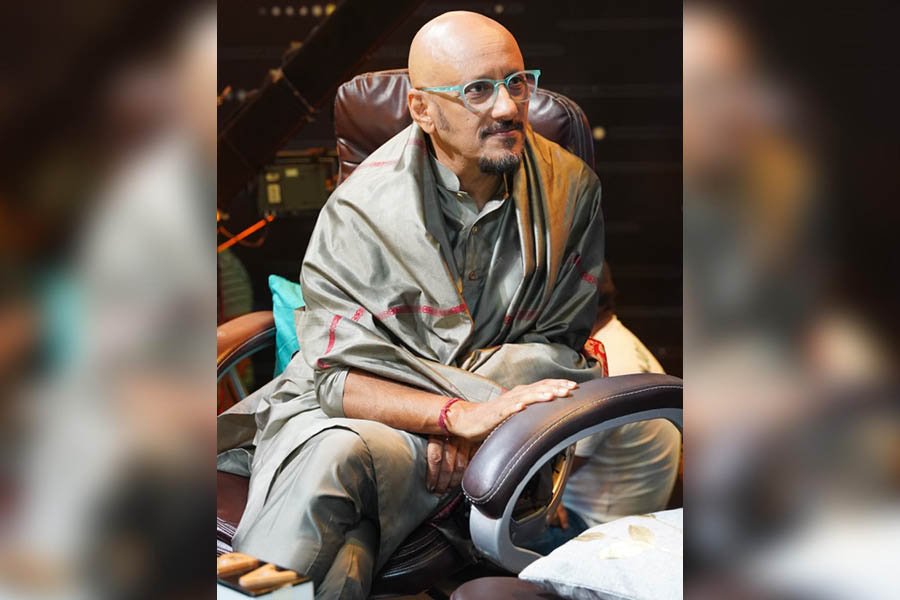
Sa Re Ga Ma Pa could serve as a case study for others, so they can see how it is done, feels Moitra
As a judge, how do you deliver constructive criticism while considering the contestants and the show?
Constructive criticism is my only approach. If no one had given me constructive feedback, I wouldn’t be the composer I am today. When offering feedback, I might say, ‘Try this’ or ask them what they’re thinking. I don’t take my seat for granted. While I could make a thousand comments, for them, it’s often that one comment which can either scar them forever or they would celebrate for life.
Has there been a contestant who participated in the show and later worked with you?
Yes, Durnibar Saha, a contestant from 2015, is one such example. While the show primarily features covers of existing compositions, I wish there were more opportunities for original compositions. Because that is when you can really judge a singer. Many singers who tried out original compositions in the studio felt like a fish out of water. They’re used to originals — their training is such. However, thanks to YouTube, many of them now have their own channels where they can explore original work.
